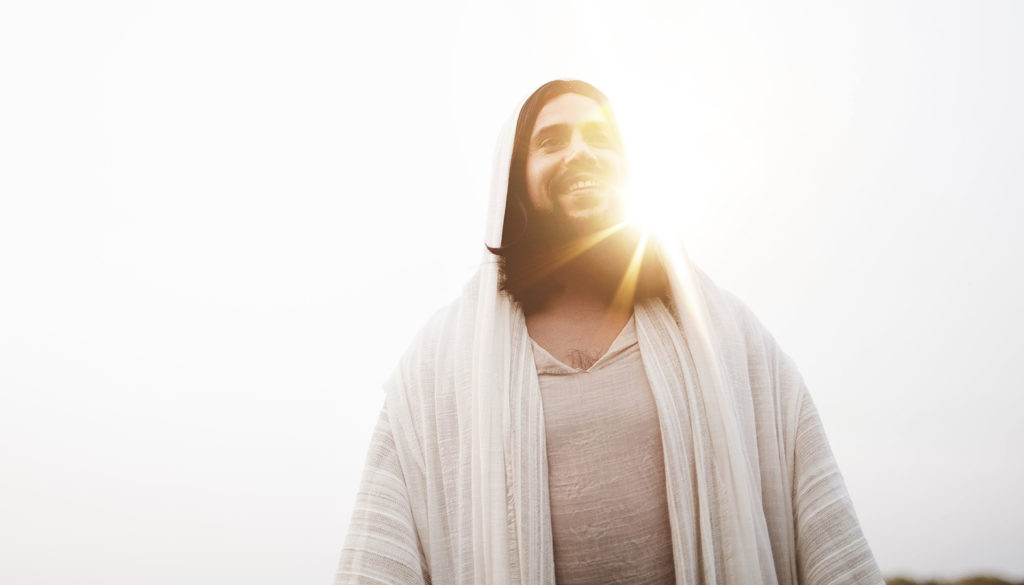For years I barely dipped into the news. Even now I’m pretty sure I’ve never heard Joe Biden’s voice, nor the voice of the three presidents before him. I’m a little more on top of things these days, but I’m not sure it’s done me much good.
As St. Paul observed, you can do all kinds of things — erect cities, amass money and power, develop huge military might — but without love, it all amounts to the noise of a hollow gong or clashing cymbal (1 Cor. 13:1).
You don’t have to know the particulars to grasp that we seem to be a civilization hitting bottom, much like an alcoholic in the late stage of her disease.
With all that, I nonetheless somehow became obsessed over the last month with Twitter: gender ideology, RFK Jr., the Supreme Court, ad infinitum.
In the course of which somehow I got it into my head that I should have a voice! Which is pretty hilarious; as it turns out I’ve had an account since 2010, have since tweeted about twice a year, and have received, at the most, maybe three “likes” for any given offering.
Still, I worked up a head of steam and began to spend a certain amount of time in the middle of the night composing pithy tweets, filled with wisdom and wit, in my head.
Then I received an email from a friend who lives in a Catholic lay community. “Our world needs SO much prayer and repentance and mercy!” he noted.
He is so right. And as happens often, the following words floated up from my subconscious: “I am the vine, and you are the branches. Without me, you can do nothing.”
What this means for me, I think, is that I need to leave the pontificating, theologizing, philosophizing, and most definitely the “influencing” to those better equipped and infinitely better poised than I am.
I do ponder the state of the world and the issues of the world deeply. Sometimes, not that often, I “weigh in.” That’s fine. But really, my salvation is worked out in the minutiae of my daily life, which is where the Eucharistic meat lies.
I spend the better part of my day praying, reading, writing, doing house and yard work, answering correspondence, and walking. Therein lies a universe, the universe, my universe.
All the material I need to experience suffering and joy; to learn, reflect, and grow is right at my fingertips. And the small triumphs and large debacles of any given day are far more compelling — and far funnier — than anything to be found in the news.
Post-COVID, the media’s view of the world is as a place of incipient infection, where viruses of various kinds are waiting to search us out, hunt us down, and kill us. We need to isolate, we’re told, to shield ourselves, virtue-signal, tell everyone else they’re doing it wrong, and take up battle stations.
Maybe the operative point at this juncture, however, isn’t how best to combat COVID but rather how best to combat the rage, frustration, loneliness, and despair in which our culture ever more conspires to keep us.
We’re almost no longer “allowed” to have fun, or to read anything that hasn’t been vetted for “sensitivity triggers,” or to enjoy our day without taking sides, inwardly arguing, wringing our hands over climate change, bemoaning the misinformation-censorship complex, calling out those who won’t mask — or those who are still masking, as the case may be — or waiting for a civil war to break out.
“I am the vine, you are the branches. Without me, you can do nothing.”
You don’t have to be “religious” to acknowledge the force of evil and darkness in the world. And I wonder if evil’s greatest triumph isn’t to keep the population of ostensibly the world’s richest, freest nation in a constant state of unease, fear, suspicion, and rage.
What if it were a moral imperative to refuse to succumb to the temptation of darkness and despair? What if we showed our good citizenship not by shouting at the top of our lungs that the sky is falling but by sharing a book we love, or sitting for an hour watching the birds, or silently giving thanks simply to be alive?
What if “doing the work” meant cultivating gratitude, not making ourselves feel guilty that we were, say, born Caucasian, or used an extra cup of water, or laughed?
What if instead of becoming incensed by the news, we reflected upon the closing lines of G.K. Chesterton’s Orthodoxy:
“The Stoics, ancient and modern, were proud of concealing their tears. [Christ] never concealed His tears… Solemn supermen and imperial diplomatists are proud of restraining their anger. He never restrained His anger… Yet He restrained something… There was something that He hid from all men when He went up a mountain to pray. There was something that He covered constantly by abrupt silence or impetuous isolation.
“There was some one thing that was too great for God to show us when He walked upon our earth; and I have sometimes fancied that it was His mirth.”

